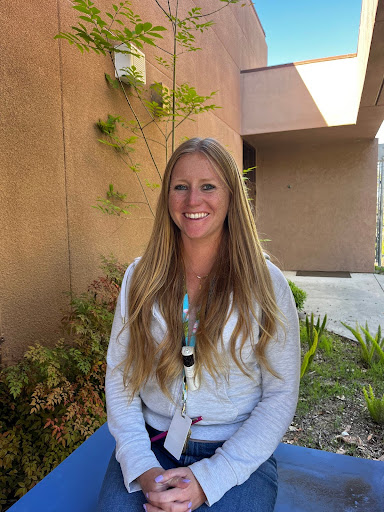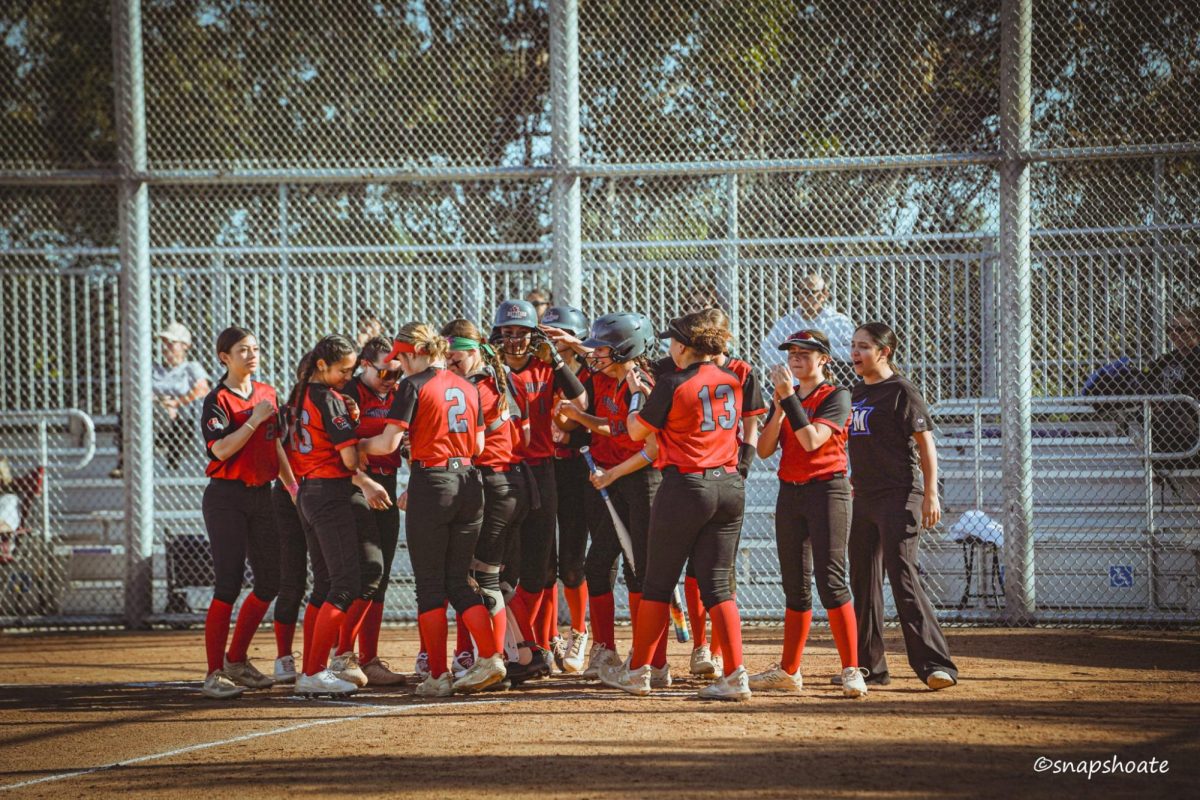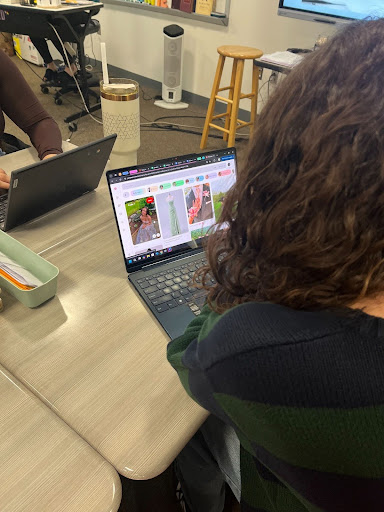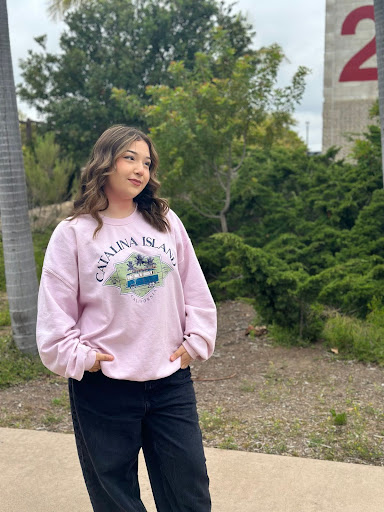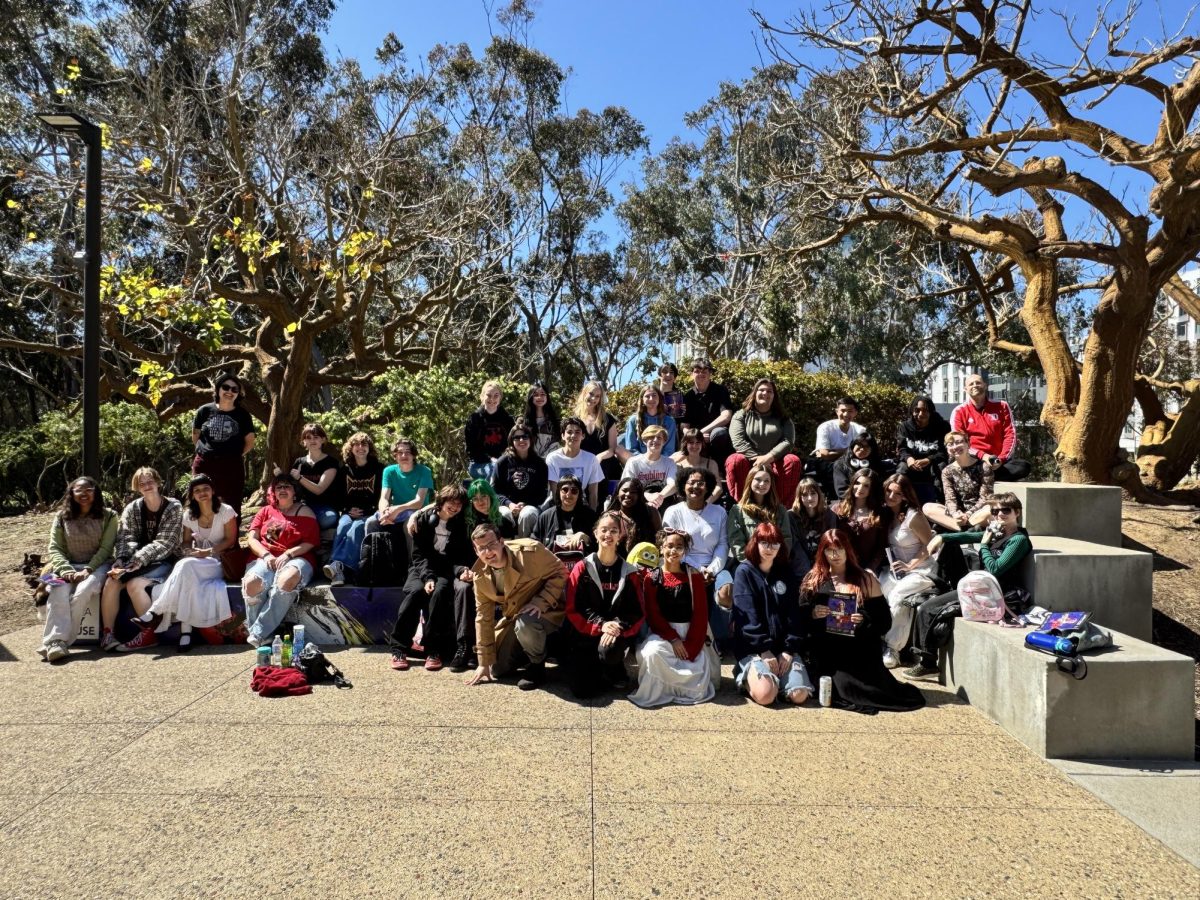Whether you are a freshman entering high school or a senior leaving for college, a high school counselor is meant to help guide you through the highs and lows of school. But how do they do that?
How do counselors help with academics?

High school counselors are supposed to provide appropriate services by addressing a student’s academic career.
One thing a counselor is supposed to do is inform you of the required courses you might need to take.
For example, at the end of a school year, a high school counselor is supposed to give you insight into what the next the year might look like. They are supposed to inform you about what A-G courses you need to take. They also should provide additional information on alternative courses, like AP classes, college courses, and new programs that may or may not be coming to your school.
Counselors should also be supporting you. Many counselors should be able to recognize if you are succeeding above a class. For instance, if you are not academically challenged and feel like you are being held back, you should be able to talk to your counselor. Your counselor should then be able to help you transfer into more challenging classes.
Conversely, counselors are there to support students who are struggling academically. It is their responsibility to implement academic support programs. An after-school program like tutoring, homework help, and study groups can assist students in improving their academic performance.
Do counselors provide emotional support?
High school is a stressful time, both academically and socially. Counselors should do their best to develop a student’s emotional resilience. By offering students a safe space to share experiences and learn coping strategies, counselors can meet student’s needs and build a supportive school community.
Often a school might have a wellness center or programs to achieve that. Counselors may also collaborate with mental health professionals to ensure that students receive access to additional resources if needed.

Additionally, a guidance counselor has to advocate for students. By conducting advocacy programs ranging from student-led committees to workshops, a student’s voice can be heard, creating a positive environment.
Another thing that counselors can contribute to is shutting down bullying. Bullying prevention involving educators, parents, and collaborating experts can create a safer school climate.
Also, it shuts down negative behavior. For example, PBIS programs or Positive Behavior Interventions & Support programs can identify reasons for such behavior and help replace them in serval different ways. From modeling respect, incorporating social-emotional learning, and encouraging a proactive approach or positive reinforcement, PBS programs can promote respect/responsibility.
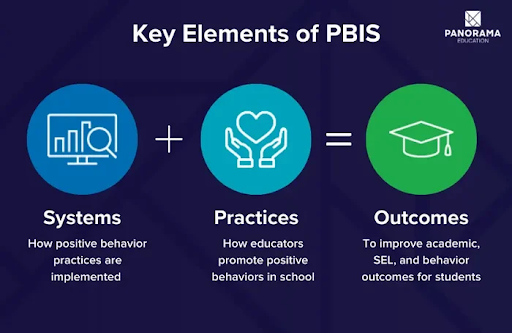
Finally, school issues aren’t the only things counselors address. Counselors also help with family issues by having effective communication between parents and students. It is a counselor’s job to foster a strong home-school partnership with programs like workshops, parent-teacher conferences, and newsletters.
Leaving high school? Counselors can help!
Perhaps one of the biggest responsibilities is helping seniors transition from high school to the next stage of their lives. A counselor will help with college applications, provide letters of recommendation, and provide resources like scholarships and financial aid programs.
A most recent example of this would be the college fair that counselors organized for seniors and parents. Other resources may include field trips to college campuses where students can learn more about local universities.
Plus, counselors can help with careers. Designed career exploration for upperclassmen varies from career fairs, guest speakers, and job shadowing experiences. This helps students get a footing in life and allows them to discover interests and potential career paths.
Additional Help A Counselor may Provide
High school students also may need help with study skills and time management, which a counselor can assist with. A counselor should be approachable and welcoming enough to be able to have a one-on-one conversation with students to help identify strengths, weaknesses, and personal interests.
Once that is done, they can arrange workshops that help students with practical techniques to help manage their time and study more effectively. Additionally, a counselor should collaborate with teachers to ensure your academic success.
Finally, a counselor shouldn’t just help you on your high school journey- they should be able to provide you with help on your self-discovery journey. A guidance counselor has the resources to create lessons based on personal development. Lesions can include activities like exercises, group discussions, and outside resources.
What does it mean?
To conclude, a counselor can assist with academic and emotional support, help high school seniors along, and provide other benefits for students. Don’t be afraid to ask them for help!


